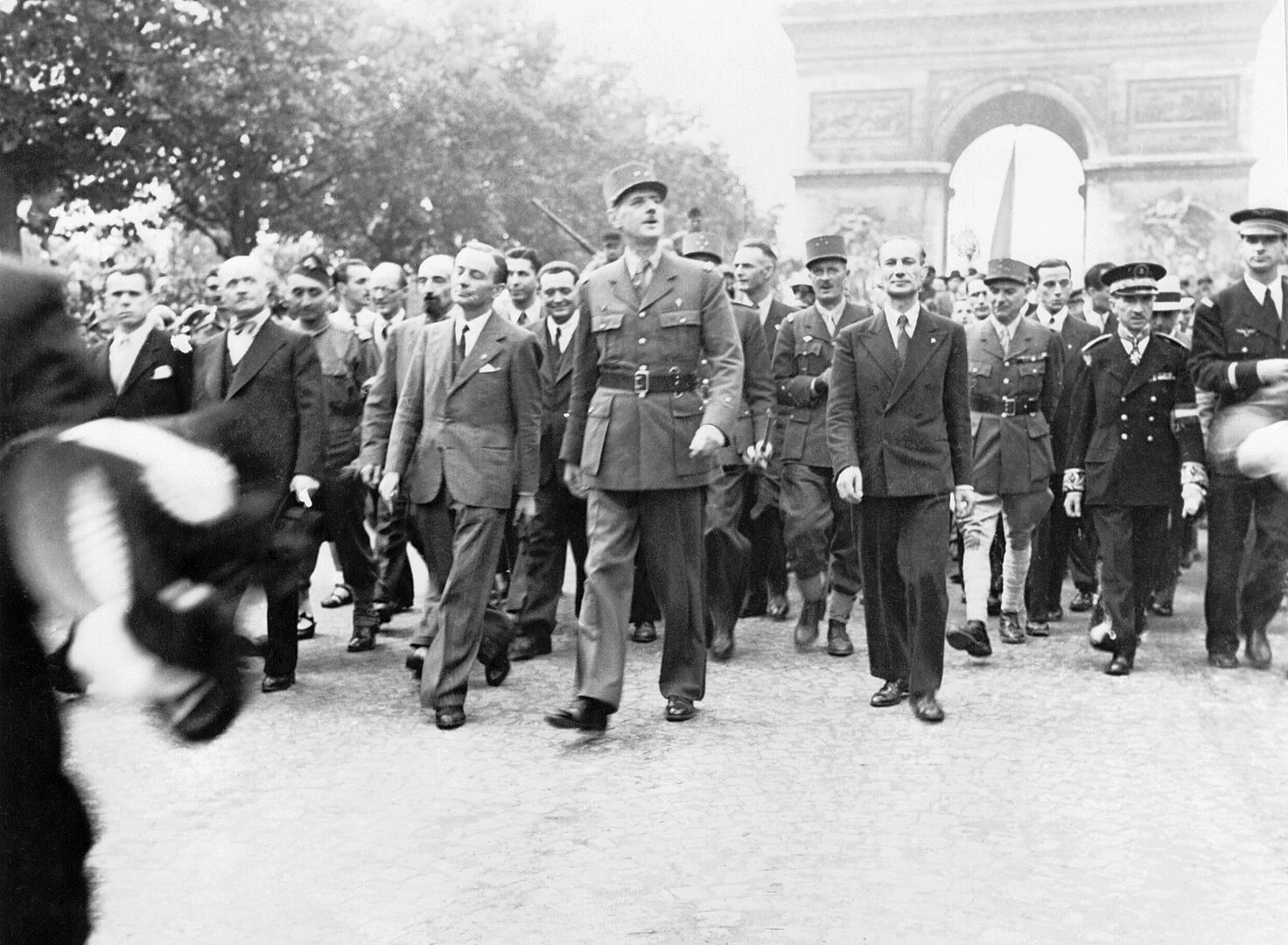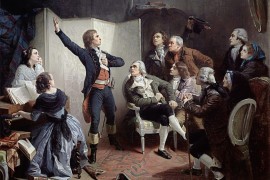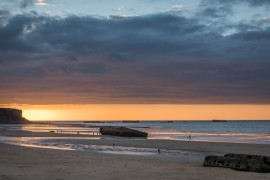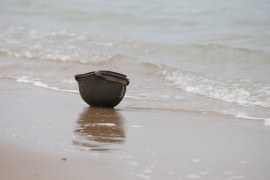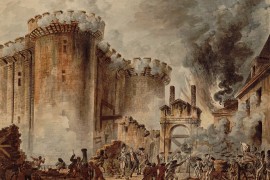De Gaulle: an isolated but determined general
In this month of June 1940, France is on its knees. The army is retreating, the population is fleeing, the Nazis have invaded Paris. In the midst of this chaos, Charles de Gaulle, just provisionally promoted to brigadier general, was called by Paul Reynaud to take up a ministerial post in an already shaky government. The mechanized strategy he had championed for years was ignored - and it was precisely the one the Germans employed effectively.
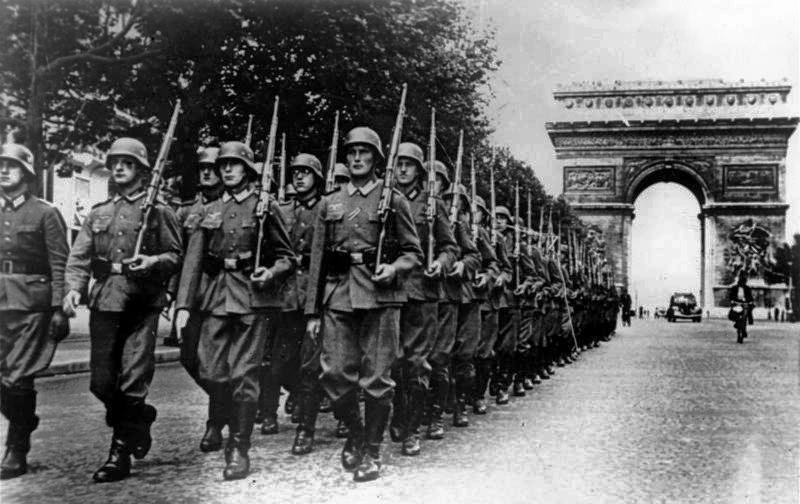
On June 14, 4 days before General de Gaulle's radio appeal, Nazi troops parade down the Champs-Elysées / Photo chosen by Monsieur de France: By Bundesarchiv, Bild 146-1994-036-09A / CC-BY-SA, CC BY-SA 3.0 from, https://commons.wikimedia.org/w/index.php?curid=5483600
As on June 14, German troops paraded along the Champs-Élysées, de Gaulle left France for London. He hopes to convince the British government to continue the fight.
Pétain announces defeat, de Gaulle enters resistance
On June 17, 1940, on the radio, Philippe Pétain, glorified for his defense of Verdun in 1916, announced that France had asked for an armistice:
"I have this night addressed the adversary [...] to put an end to hostilities."
The text of the June 18 appeal / Photo chosen by Monsieur de France: This image comes from the Gallica online library under ARK identifier btv1b10209524t, Public domain, https://commons.wikimedia.org/w/index.php?curid=3109836
Faced with this surrender speech, de Gaulle goes to the BBC the next day. That June 18, 1940, he delivered a message that very few would hear at the time, but which would become the moral bedrock of the Resistance:
"Nothing is lost for France. She is not alone! She has a vast Empire behind her."
An unknown man betting on the future
À ce moment précis, Charles de Gaulle est un inconnu pour la majorité des Français. Il n’a ni armée, ni pouvoir officiel, ni reconnaissance internationale. Roosevelt le méprise, Churchill le supporte difficilement. Pourtant, il ose dire :
"All the faults, all the delays, all the suffering do not prevent there being in the universe all the means necessary to one day crush our enemies."
General de Gaulle at the BBC microphone / Photo chosen by Monsieur de France / By Author Unknown (BBC) - [1], Domaine public, https://commons.wikimedia.org/w/index.php?curid=88783608
He founded what would soon be called Free France and tried to rally around him those who refused the Occupation. He addresses the nation from London, with the intuition that this is a global war, and that victory, however remote it may seem, remains possible.
From London to the Liberation: a long struggle
That June 18 marked the start of a path full of pitfalls. De Gaulle had to contend with the hostility of the British administration, convince scattered soldiers, and build political legitimacy from exile. But he held firm. At every speech, he reminds us that the flame of the Resistance must not be extinguished.
Four years later, he landed in Normandy alongside the Allies. He then embodied Resistant France, the one that didn't give in, the one that fought the occupier from day one. His appeal, made when he was alone, becomes the founding moment of Gaullian legitimacy.
General de Gaulle descends the Champs-Elysées during the Liberation of Paris / Photo selected by monsieur de France: By Author Unknown - http://media.iwm.org.uk/iwm/mediaLib//7/media-7068/large.jpgThis photograph HU 66477 comes from the collections of the Imperial War Museums., Domaine public, https://commons.wikimedia.org/w/index.php?curid=25092775
A flame that became a national symbol
Today, the appel du 18 juin is recognized as one of the most important texts in modern French history. It is read and studied in schools. The image of de Gaulle on BBC radio is engraved in the collective memory. It is the founding myth of France libre and the birth certificate of Résistance.
What Pétain wanted to extinguish, de Gaulle revived. And what he says at the end of his message still resonates:
"Whatever happens, the flame of French resistance must not and will not be extinguished."

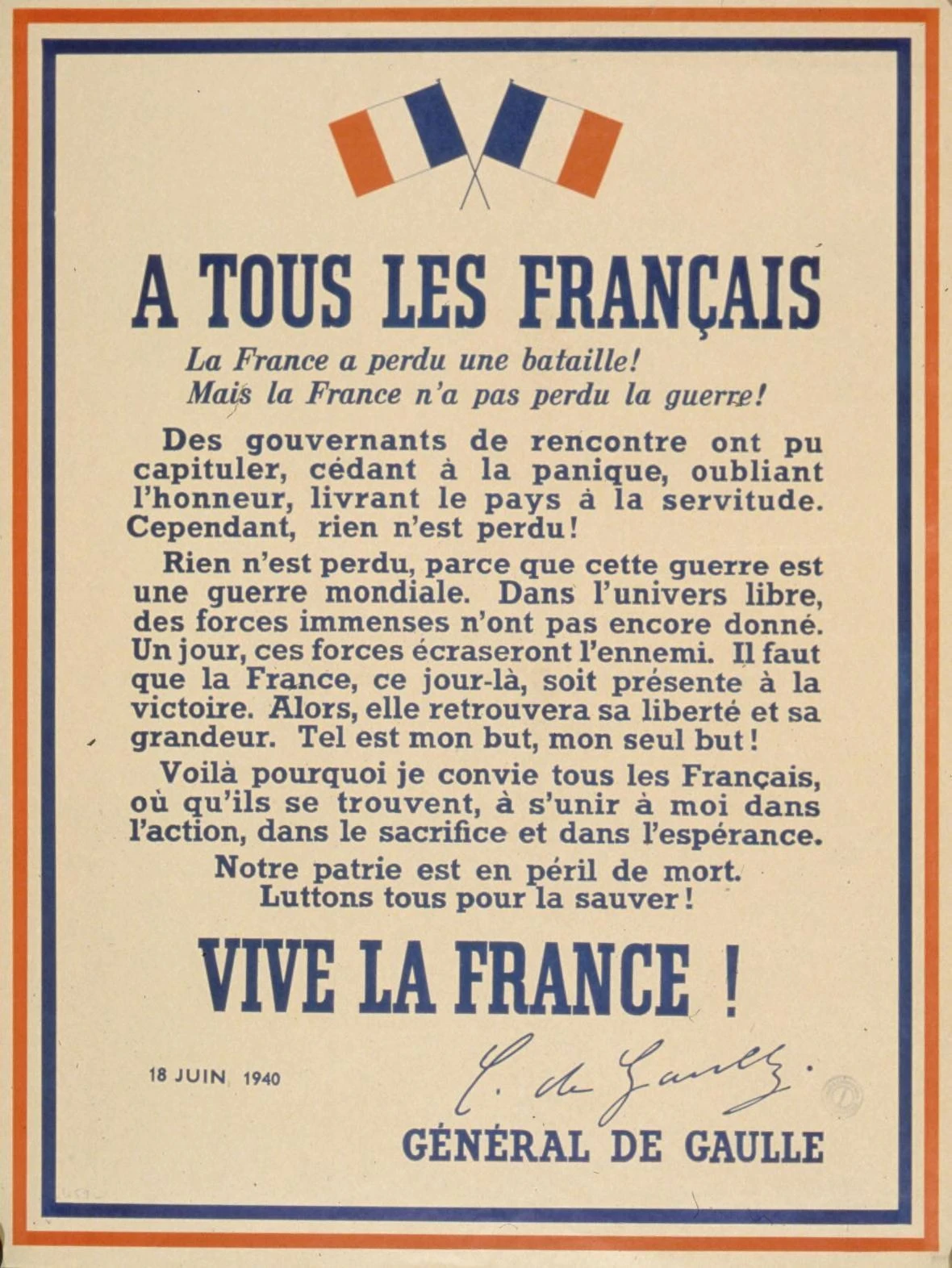
![General de Gaulle at the BBC microphone / Photo chosen by Monsieur de France / By Author Unknown (BBC) - [1], Domaine public, https://commons.wikimedia.org/w/index.php?curid=88783608](https://monsieur-de-france.com/media/cache/ludodev_compress_webp/uploads/images/appel-du-18-juin-1940-1748767710.jpg)
